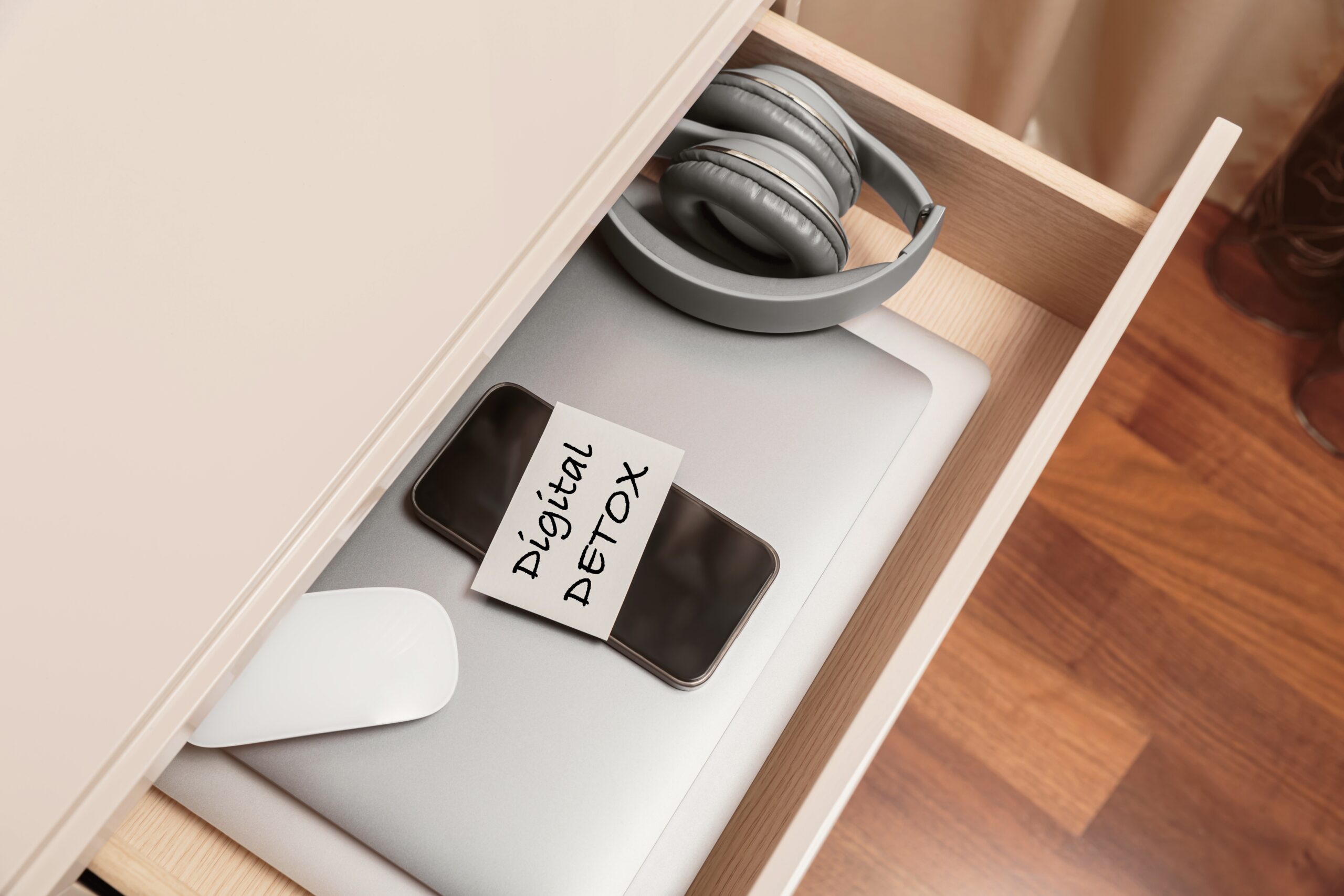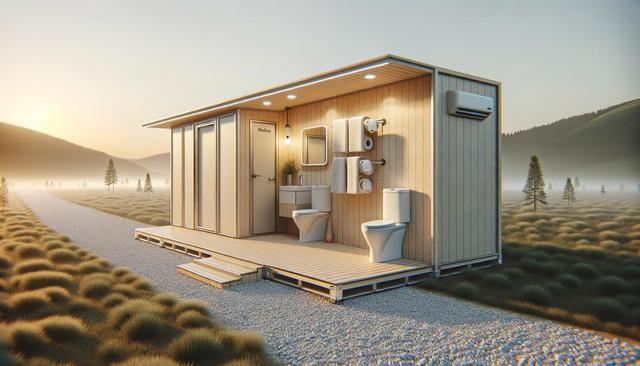The Growing Need for Mobile Restrooms
In today’s fast-paced world, flexibility and convenience are key when organizing events or managing construction sites. One often overlooked but essential component of planning is access to sanitary facilities. Mobile restrooms provide a versatile solution, ensuring that people have access to clean, reliable restrooms regardless of location. This is especially important in remote areas or during large-scale outdoor events where permanent facilities are either insufficient or completely absent.
From music festivals and weddings to building projects and disaster relief zones, mobile restrooms have become an indispensable part of logistical planning. Their growing popularity is due to their ability to meet health and safety standards while adapting to a wide variety of environments. Whether it’s a short-term rental for a weekend event or a long-term installation for ongoing work, mobile restrooms fill the gap effectively.
Types of Mobile Restrooms Available
There are several types of mobile restrooms designed to cater to different needs and preferences. Understanding the available options can help planners choose the most suitable solution for their specific context. Some common types include:
- Standard portable toilets: Basic units that are cost-effective and easy to transport.
- Restroom trailers: Larger units with multiple stalls, often featuring amenities like sinks, lighting, and even climate control.
- ADA-compliant units: Designed to be accessible for individuals with disabilities, ensuring inclusivity.
- Luxury restrooms: High-end trailers with upscale interiors, ideal for weddings and corporate events.
Each type of mobile restroom offers unique benefits, and the choice often depends on factors such as budget, number of users, and duration of use. By evaluating these variables, event organizers and site managers can make informed decisions that enhance user experience and maintain hygiene standards.
Benefits of Using Mobile Restrooms
One of the key advantages of mobile restrooms is their ability to provide clean and private facilities in areas where traditional restrooms are not feasible. This not only improves comfort but also promotes better hygiene and sanitation. Some notable benefits include:
- Convenience: Easy to set up and relocate as needed.
- Time-saving: Reduces the need for guests or workers to leave the premises for restrooms.
- Health and Safety: Equipped with hand sanitizers, ventilation, and proper waste disposal systems.
- Cost-effective: Eliminates the need for constructing permanent facilities for temporary needs.
These benefits make mobile restrooms an attractive option across various industries, from event planning to construction and emergency response. Their adaptability and ease of use contribute to an efficient and sanitary environment wherever they’re deployed.
Considerations for Renting Mobile Restrooms
When renting mobile restrooms, there are several important factors to consider to ensure a smooth and effective setup. Choosing the right service provider and the appropriate type of unit can make a significant difference in the overall experience. Key considerations include:
- Number of users: Estimate the foot traffic to determine how many units are needed.
- Duration of the event or project: Longer durations may require units with larger holding tanks or scheduled servicing.
- Site accessibility: Ensure the location allows for easy delivery, setup, and maintenance of the units.
- Amenities required: Consider whether basic or deluxe features are necessary based on the audience.
Proper planning and clear communication with the rental company can help avoid logistical issues and ensure that the mobile restrooms meet both functional and aesthetic expectations. It’s also wise to review local regulations or event permits, which might include sanitation requirements or accessibility guidelines.
Environmental Impact and Sanitation Standards
Modern mobile restrooms are designed with environmental responsibility in mind. Many units are equipped with features that minimize water usage and enable safe waste disposal. This is particularly important in preserving the environment at outdoor events and in nature-sensitive areas. Some eco-conscious features include:
- Low-flush or waterless systems to reduce water consumption.
- Biodegradable chemicals for odor control and waste treatment.
- Solar-powered lighting and ventilation systems.
- Waste recycling and proper disposal practices.
Additionally, mobile restrooms are maintained to meet health and sanitation standards. Service providers typically offer regular cleaning and restocking services, ensuring the units remain hygienic throughout their use. This attention to cleanliness not only enhances user satisfaction but also contributes to public health by preventing the spread of germs and bacteria.
Conclusion: A Reliable Choice for Temporary Sanitation Needs
Mobile restrooms serve as a practical and efficient solution for a variety of temporary sanitation needs. Whether you’re organizing a large outdoor gathering, managing a construction site, or responding to an emergency, these versatile units offer comfort, hygiene, and convenience. By understanding the different types available, the benefits they offer, and the considerations involved in renting them, you can make informed decisions that support both user satisfaction and operational efficiency. For event planners, project managers, and emergency coordinators alike, mobile restrooms are a dependable option that meets modern standards of cleanliness and functionality.







